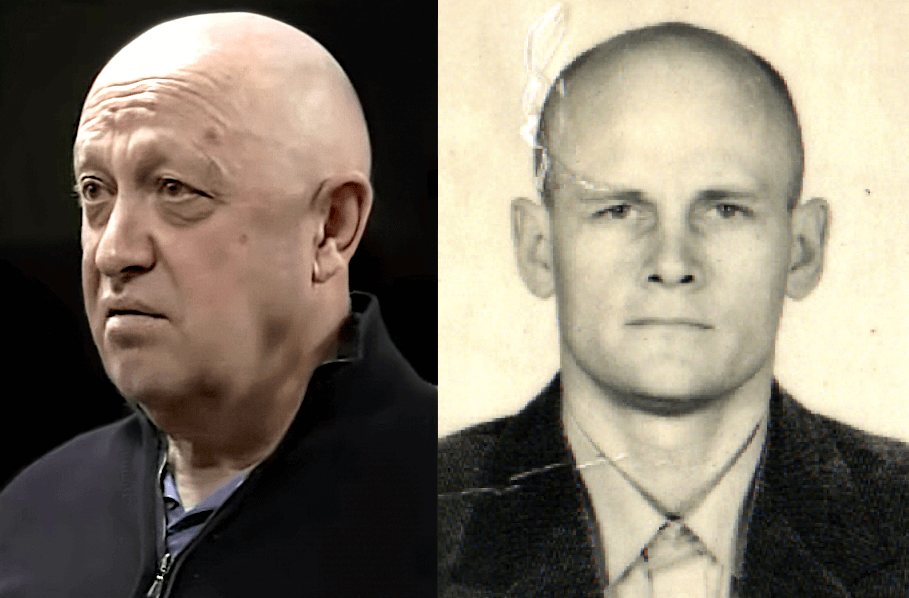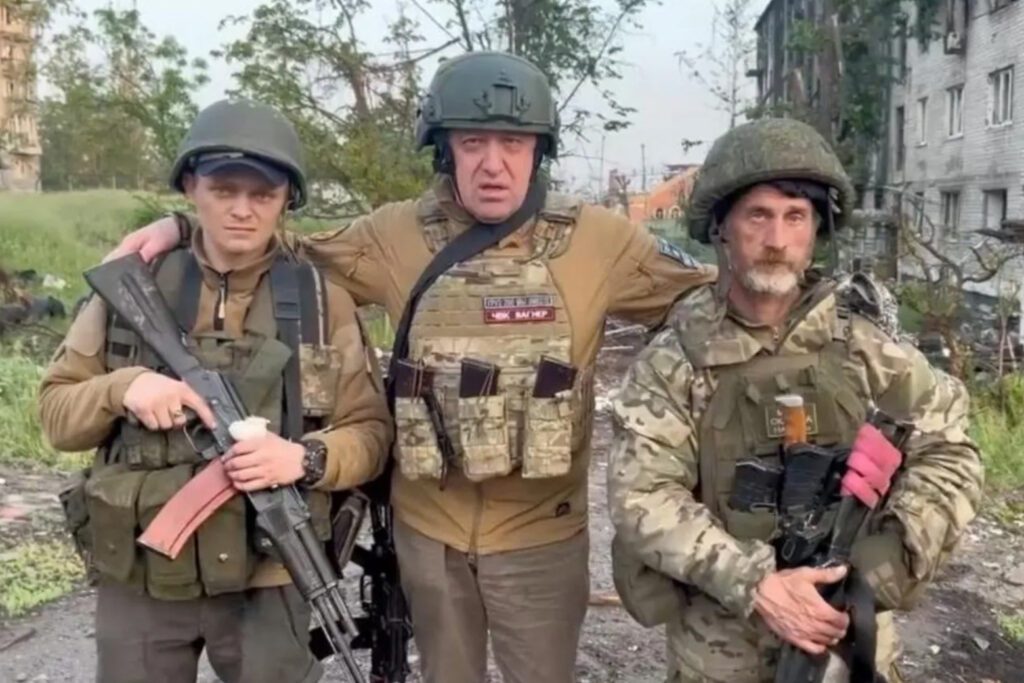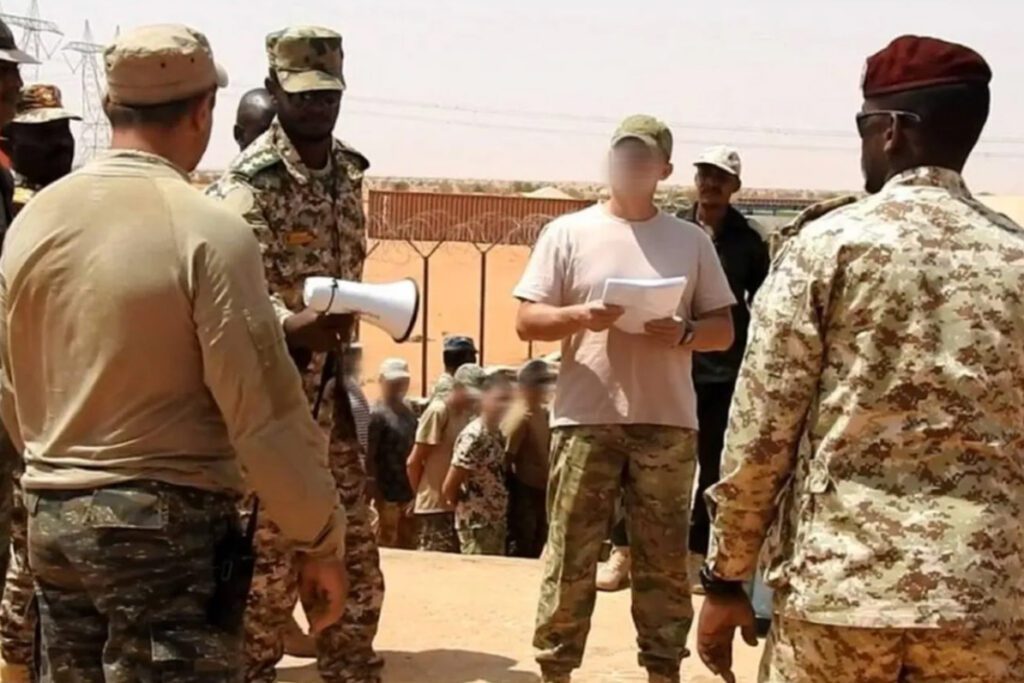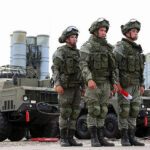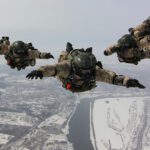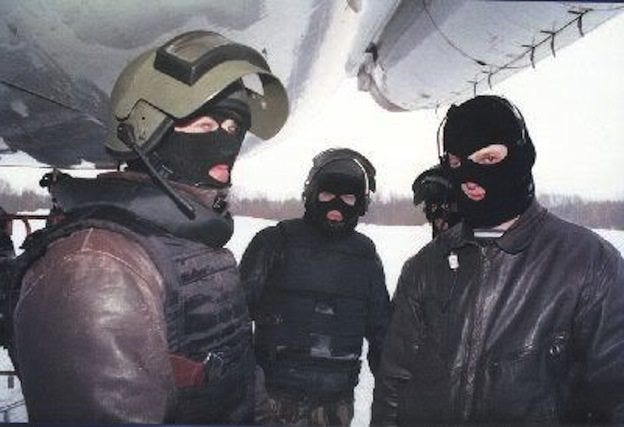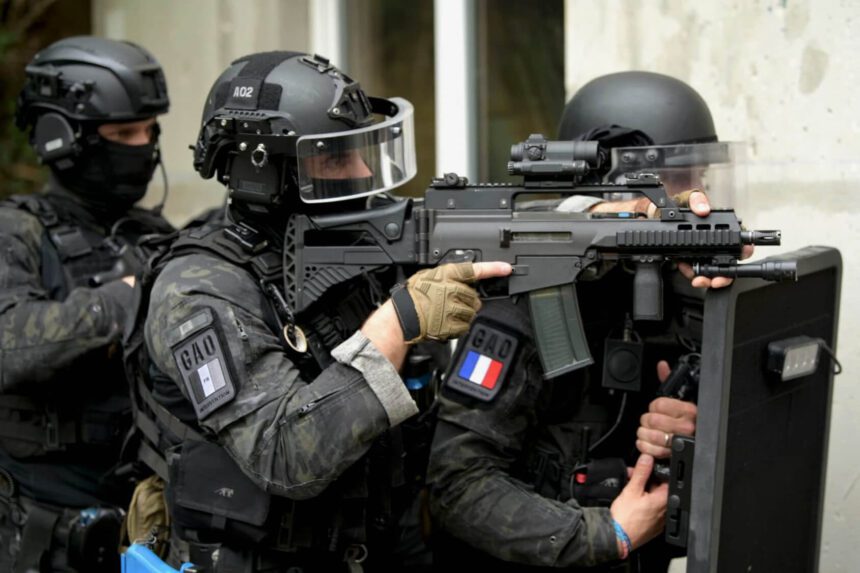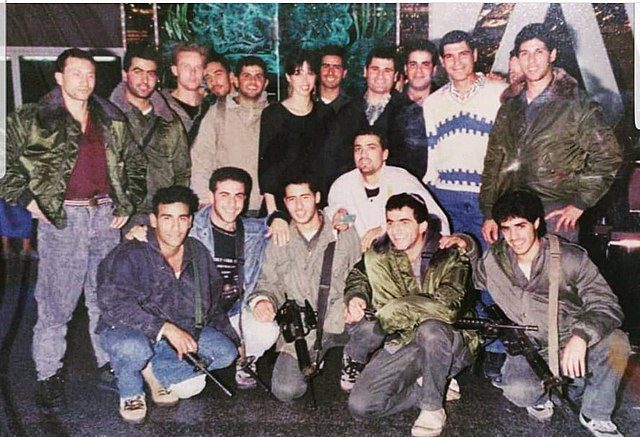A Shadow Army
Few organisations illustrate Russia’s reliance on deniable power like the Wagner Group. Branded as a private military company, Wagner was in practice a Kremlin-backed paramilitary force. From the streets of Bakhmut to the jungles of Africa, it became the most visible expression of Moscow’s willingness to fight wars without accountability, projecting influence where the Russian state denied involvement.
Origins and Formation
Wagner surfaced in 2014 during Russia’s covert war in eastern Ukraine. Dmitry Utkin, a former GRU officer, founded the group, and oligarch Yevgeny Prigozhin financed it. The Kremlin quickly pulled Wagner into its orbit. In its early operations, the group supported separatists in Donbas and gave Moscow a tool to intervene militarily while preserving plausible deniability.
Relationship with the Kremlin
Despite the “private” label, Wagner survived only through the Russian state. The group relied on the Ministry of Defence for equipment, logistics, and heavy weaponry. The state pulled recruits from prisons and trained them on Russian bases. The Kremlin denied responsibility, yet Wagner operated only with state sanction and support.
Role in Ukraine
Wagner gained infamy during the full-scale invasion of Ukraine in 2022. Its presence reached a peak in the battle for Bakhmut, where the group deployed tens of thousands of fighters, many of them convicts, in human-wave assaults. The group’s methods showed how the Kremlin treated manpower as expendable, trading lives for attritional gains on the battlefield.
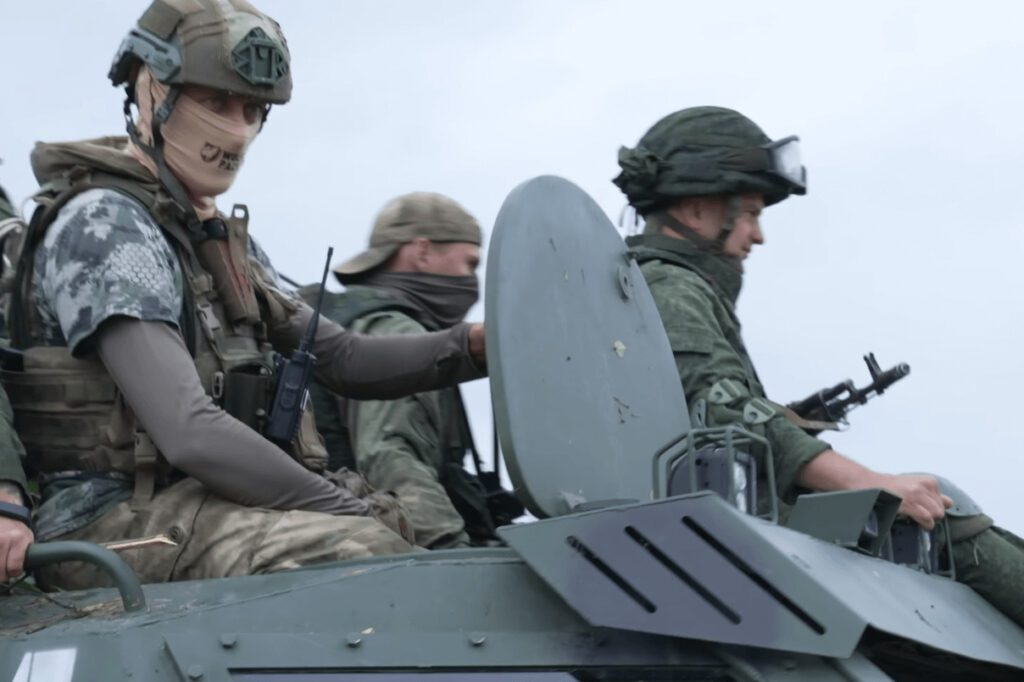
Expansion Abroad
Beyond Ukraine, The Wagner Group extended Russia’s reach into the Middle East and Africa. Its mercenaries fought in Syria, shored up regimes in Libya and the Central African Republic. And entrenched themselves in Mali and Sudan. These deployments were not only military but economic: Wagner secured access to gold, oil, and diamond resources, turning conflict zones into channels for Kremlin influence and financial gain.
Collapse and Rebranding
Wagner challenged Russia’s military leadership in Yevgeny Prigozhin’s short-lived mutiny in 2023. Months later, he died in a plane crash that many observers attributed to the Kremlin. By 2024, the state dismantled Wagner and absorbed its overseas networks into structures like the “Africa Corps,” under direct Ministry of Defence control.
Legacy in Hybrid War
Even without the Wagner name, the model endures. Russia continues to deploy irregular forces abroad under new banners, pursuing the same goals of regime protection, resource extraction, and destabilisation. The Wagner Group’s legacy lies in its proof that the Kremlin can wage war beyond its borders while denying responsibility, forcing Europe to confront an enemy that does not fit the traditional categories of soldier, mercenary, or state actor.


